Our Team

Native Bees
Insect Controllers & Diversity Preservers
There are over 200 native bee species in Mendoza, In the vineyards, the bee pollinators help the cover crops in between rows thrive and maintain their genetic diversity. These cover crops are essential for generating nutrients and minerals for the vines. The bees also assist in controlling insect populations and in maintaining the overall ecosystem.
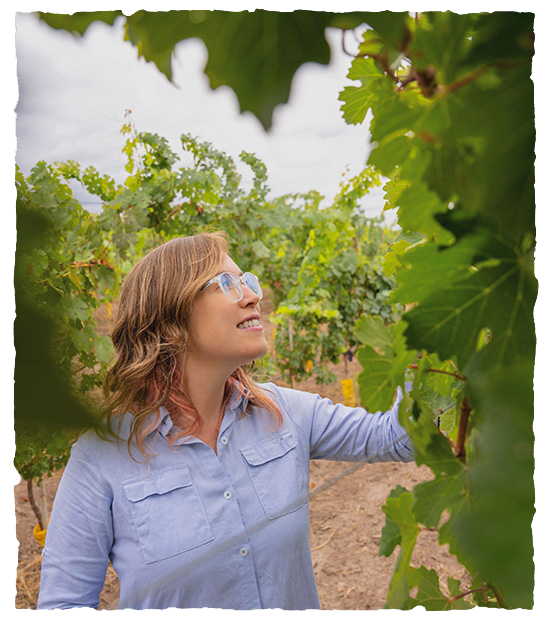
Silvina van Houten
Tilia Vineyard Sustainability Specialist
Silvina grew up in the countryside of Mendoza within a family of peach and plum growers, descendants of Dutch, Japanese and Italian immigrants to Argentina. She thinks of the plants as her children, and what she enjoys most in life is watching her plant children grow and thrive. She is passionate about using science to find sustainable solutions that support the vine within its natural ecosystem.
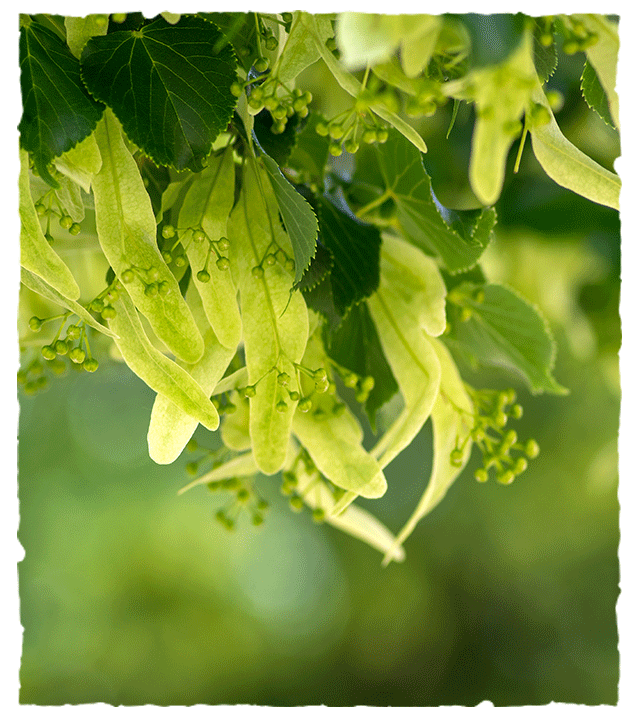
Tilia Tree
Soothing Tea & Label Namesake
The Tilia or Tilo tree, our wine label’s namesake, although not a native species, adapts well to Mendoza because it tolerates the region’s drought and mountain cold. The leaves are made into a calming tea which is traditionally drunk after lunch or dinner, to facilitate an afternoon siesta or bedtime.
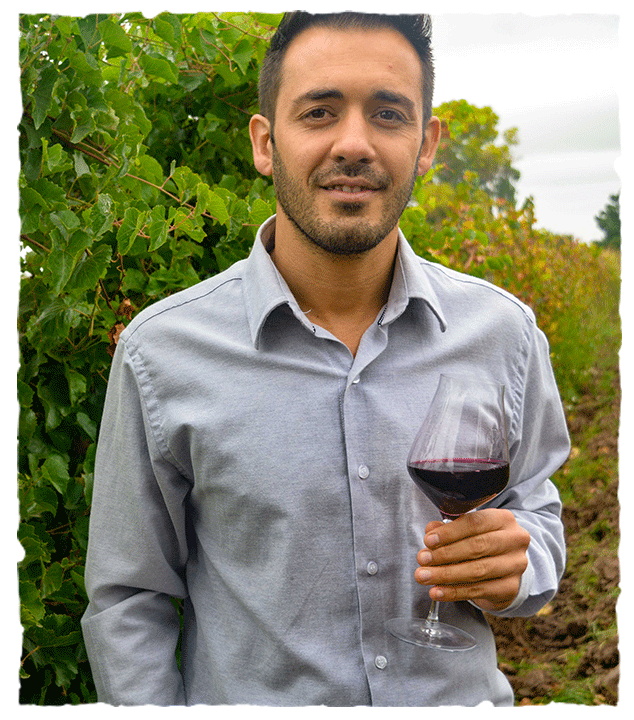
Gonzalo Llensa
Tilia Winemaker & Carpentry Aficionado
Gonzalo believes his love for the vineyard started when he grew tomatoes, peppers, and squash in his grandmother’s orchard. He is constantly looking to repurpose resources, save water, and turn off lights – a trait he got from his father, a professional electrician. Every weekend, Gonzalo walks 7 blocks to his family home for a day-long “asado” and dreams of one day taking over the grill from his father.
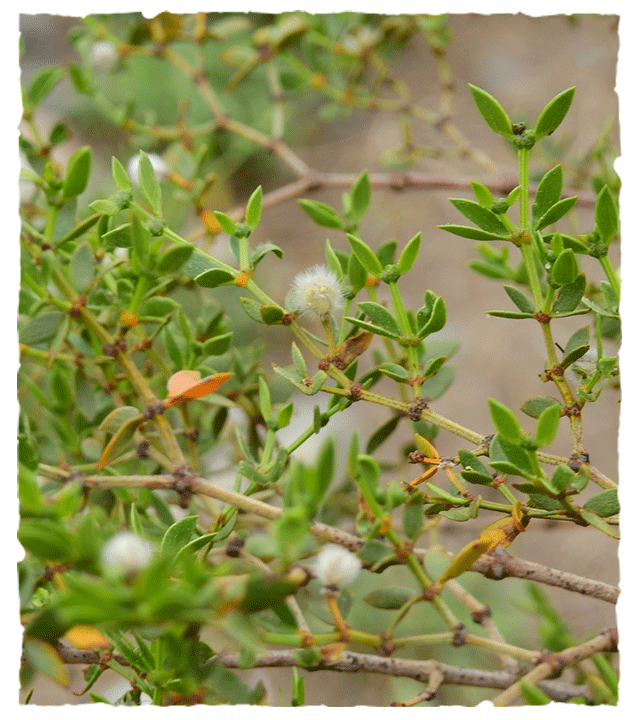
Jarilla Plant
Pollen Provider & Anti-Inflammatory Tea
A hardy native plant, resistant to drought and covered with yellow flowers in spring, jarilla provides pollen for the over 200 species of native bees in Mendoza. By increasing biodiversity, native plants maintain insect and bird ecosystems. The leaves of jarilla are traditionally used to make a tea believed to act as an anti-inflammatory, reducing fevers and pain.
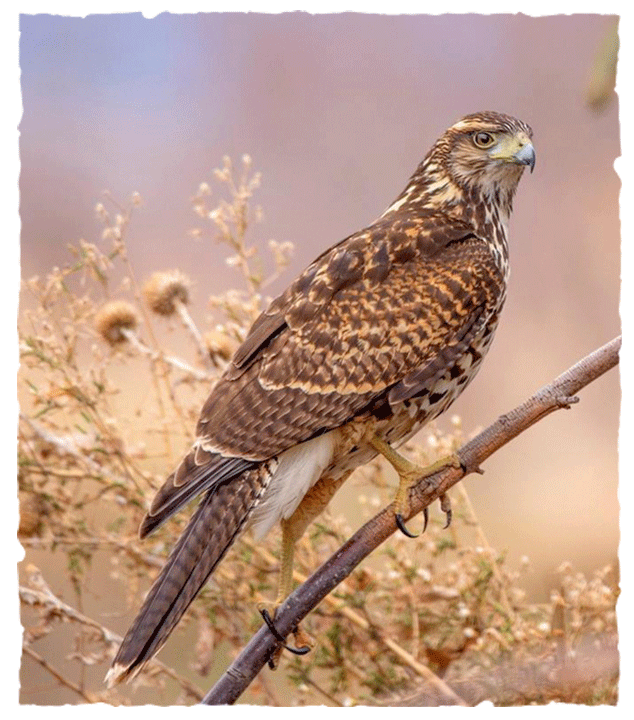
Gavilán
Rodent Vigilante
Also known as the Roadside Hawk, it has a long tail, disproportionately short wings, and a high pitched, piercing squeak. It is highly protective of its nest and has been known to attack humans who approach it. The gavilán plays an important role in the vineyard ecosystem, controlling rodents that eat into the vineyard roots as well as noxious insects. It rarely eats other birds, and fortunately, there are not many grape-eating birds in Mendoza.
By entering this website, you affirm that you are of legal drinking age in your country and are agreeing to Privacy Policy.